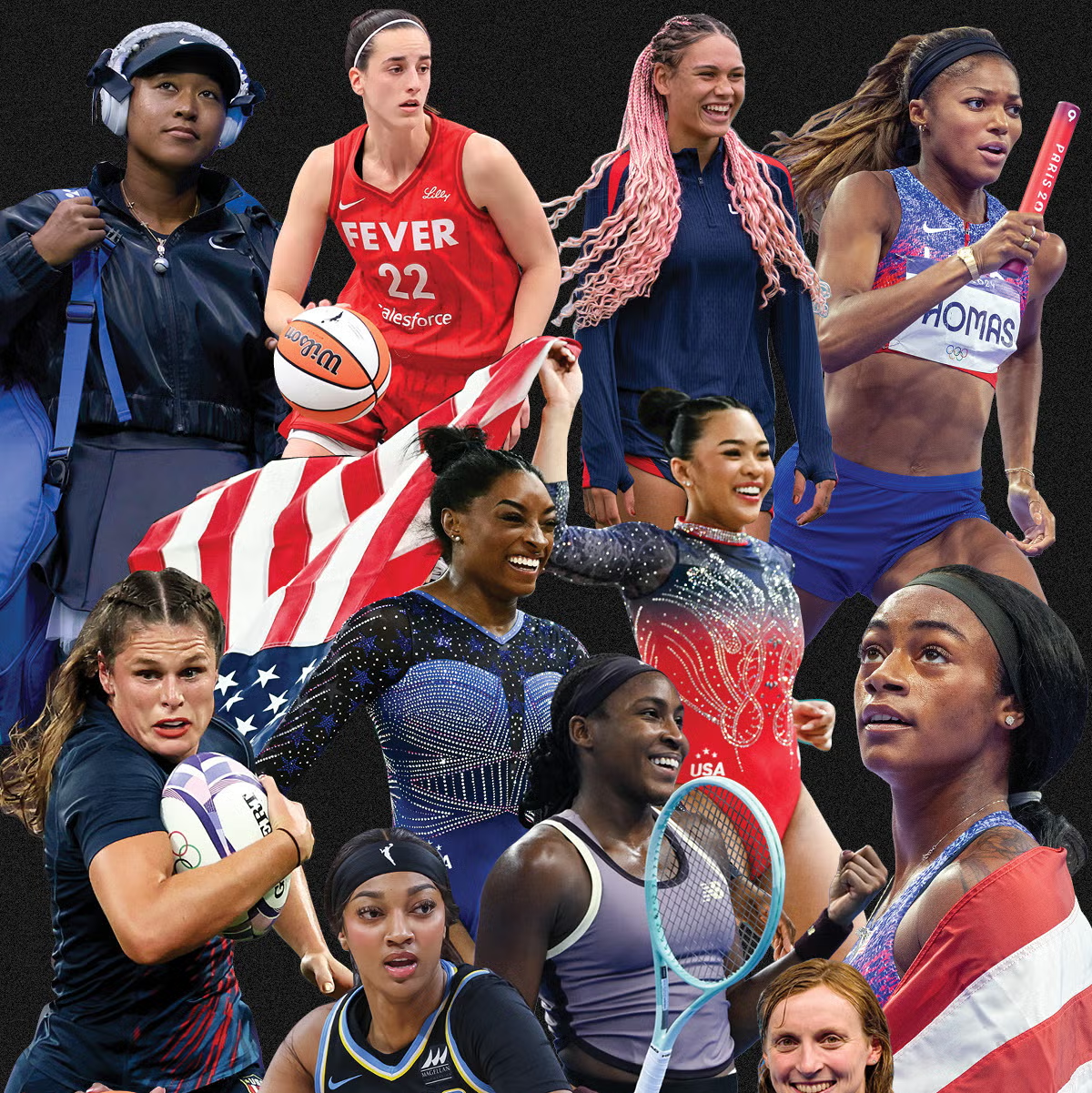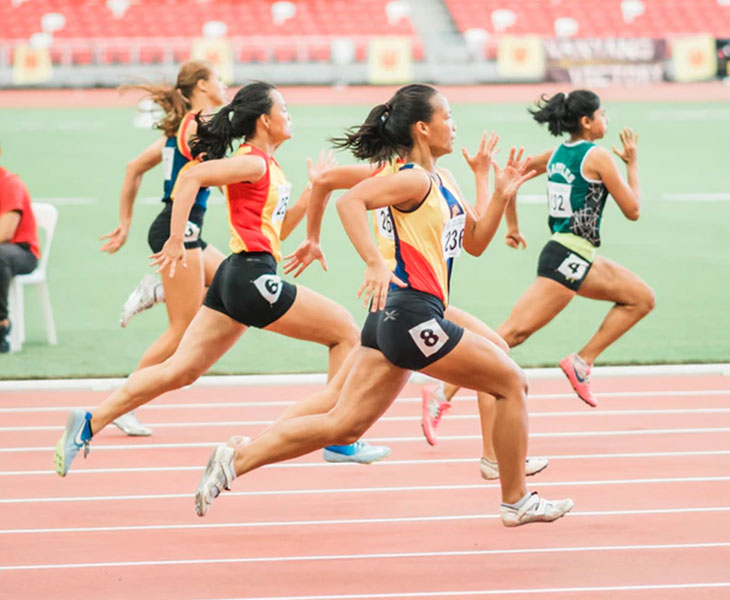The success of the Lionesses at this summer’s Euros, followed by the Red Roses’ victory at the Women’s Rugby World Cup, resulted in a well-deserved media frenzy surrounding women’s sport – a part of sport that has only too frequently been overlooked throughout history. With more attention being brought to women in sport, it brings to the forefront of the debate a question that has constantly overshadowed women’s sport: why are female athletes still not treated as equals to their male counterparts?
Of course, women have always participated in sports. In classical Grecian civilisation, women competed in an event called the Heraean Games dedicated to Hera, the goddess of women, and in the Ming Dynasty of China, women played cuju with a lighter ball specifically designed to be safer and more comfortable for women to use. The suffragette movement popularised cycling for women in the early 20th century, combining athletics with the political fight for equality. So why has it taken literally thousands of years for women to become the media’s focus in the sporting world?
A factor that could contribute to the historic inequality, specifically in football, is the nationalist and laddish attitudes that characterise British football culture. It’s no secret that a certain category of football supporters is known for their racism, homophobia, and misogyny, creating an often hostile environment for people they perceive as the ‘other’. While misogynistic abuse is an issue in physical spaces such as stadiums and sports pubs, the invention of social media has made it easier to continue this abuse online.
According to research carried out by FIFA, female football players were 29% more likely to receive online abuse than male football players during the football World Cup. This has resulted in many female footballers boycotting social media and subsequently losing out on brand sponsorship opportunities that are essential to subsidising their already significantly lower pay-checks.
The internet is a hostile place at the best of times, especially for women with the rise in online misogyny, yet not enough is being done to protect female athletes from the rise in abuse caused by the increase in interest in women’s sports.
Similarly, with women’s sports finally being paid the attention it deserves, it brings to light other issues faced by women in the sporting world that have previously been overlooked. The most notorious (and widely reported, despite not being resolved) is, of course, the gender pay gap.
For the Women’s 2025 Euros, the FA paid the Lionesses an estimated £73,000 each for winning the tournament, while the men’s team earned £300,000 each just for reaching the finals of the 2020 Euros. While this sum is reportedly £18,000 higher than what the Lionesses were awarded at the 2022 Euros, the inequality remains glaringly obvious. The lack of funding in women’s sports extends to, and impacts, a team’s ability to travel to tournaments and fund accommodation.
This was highlighted by the 2019 Swedish Women’s Ice Hockey team’s boycott of the Four Nations Tournament, citing poor travel conditions, lack of funding for uniforms designed for women, inadequate catering, and a lack of youth programs to develop the next generation of female hockey players.
With both the Lionesses and Red Roses’ respective and seemingly easy victories (in comparison to the men’s teams), it’s important to remember the hardships that the athletes face to be able to appear in the tournaments, the backlash they face, and the substantially lower pay-check they ultimately receive.
As our social and political society grows more right-wing, and the rise in misogyny becomes more apparent, the increased interest in women’s sports seems like a beacon of hope, and whilst it’s great that more and more people are both watching and partaking in women’s sport, the continuous unequal treatment, both socially and financially, of female athletes in comparison to their male counterparts, highlights the fact that the fight for gender equality is far from over.
Another article you may enjoy: https://thebadgeronline.com/2025/11/lewes-fc-and-their-refreshing-take-on-modern-football/


